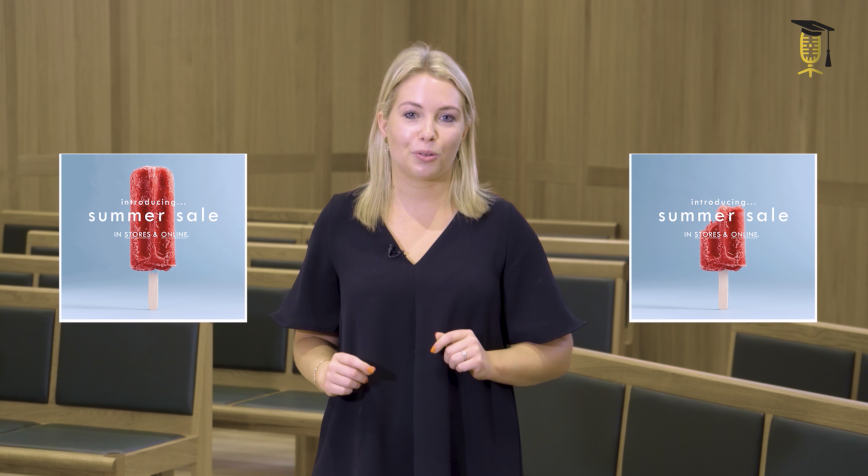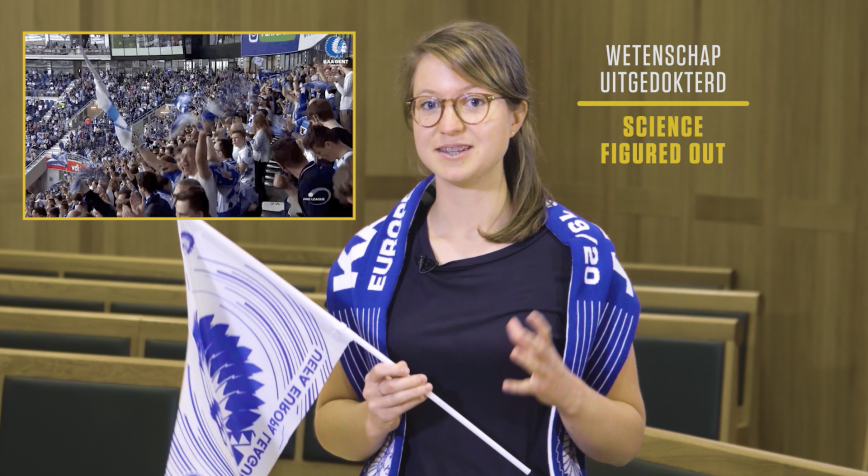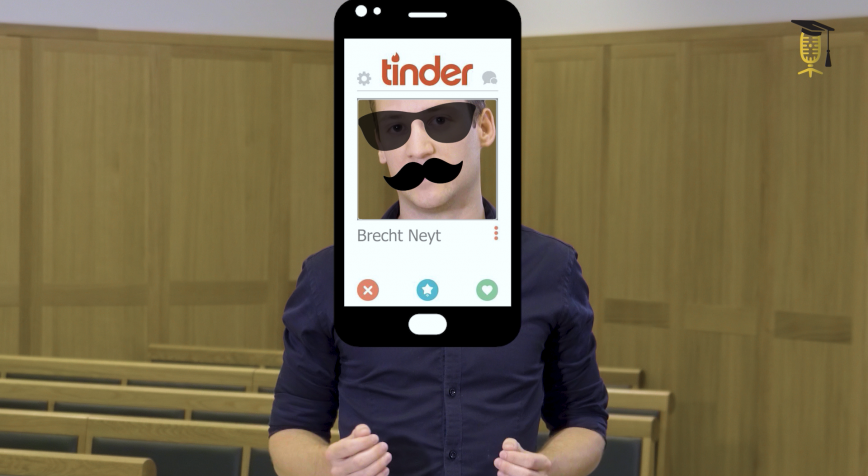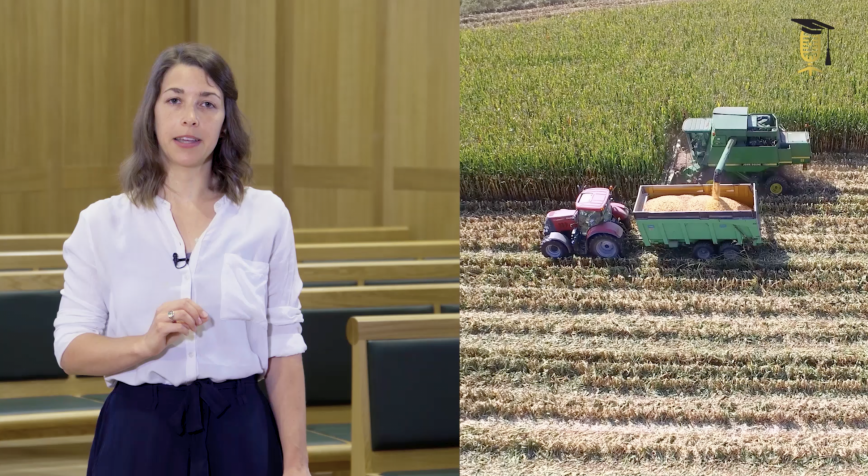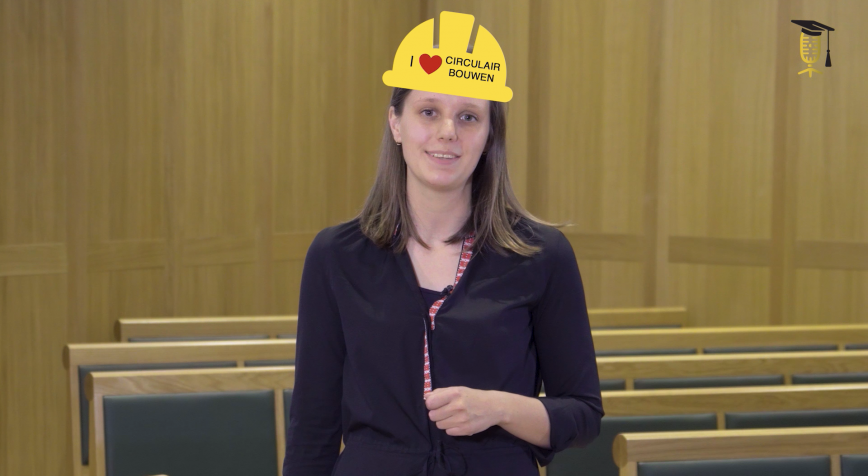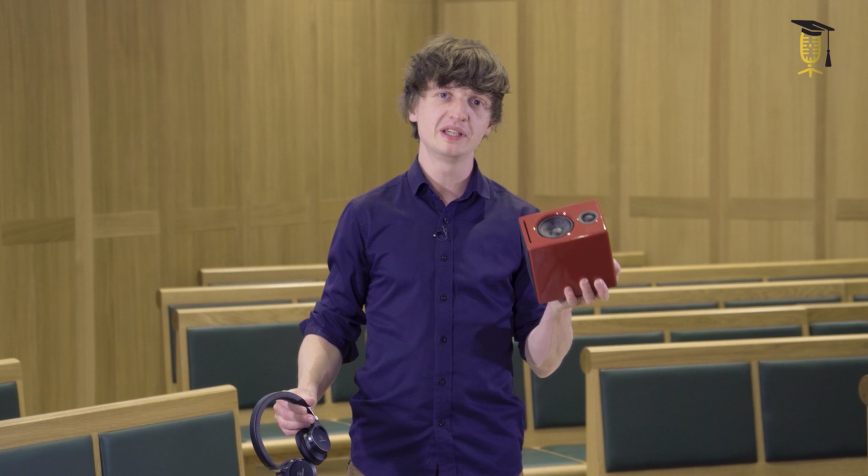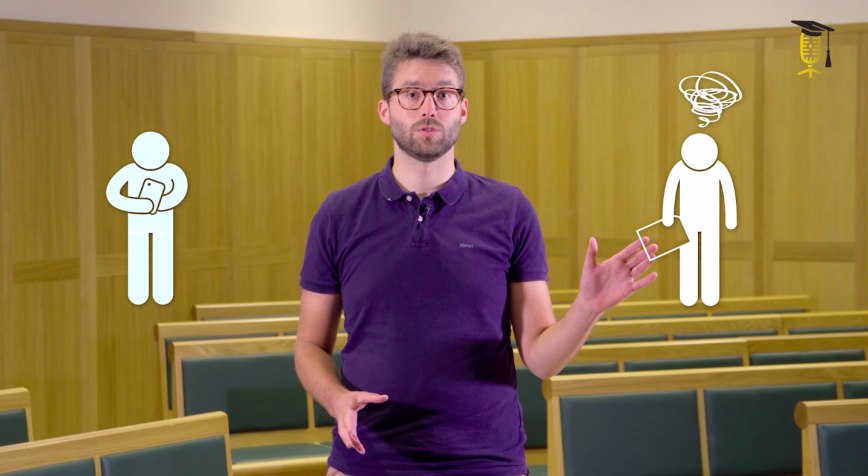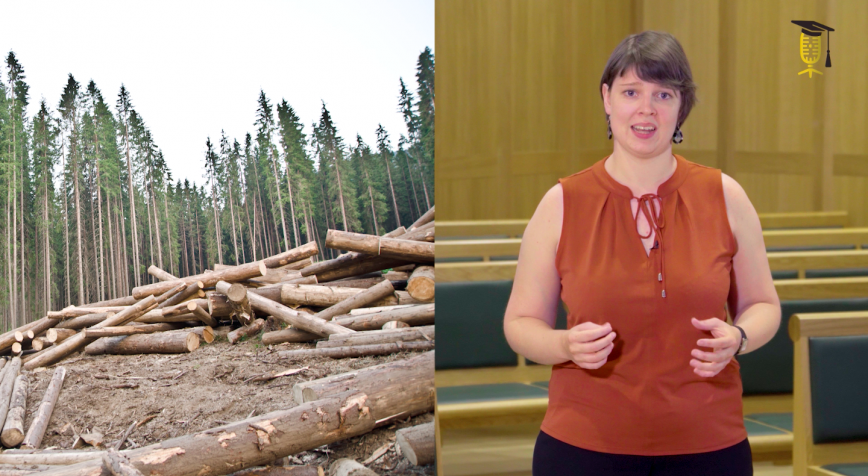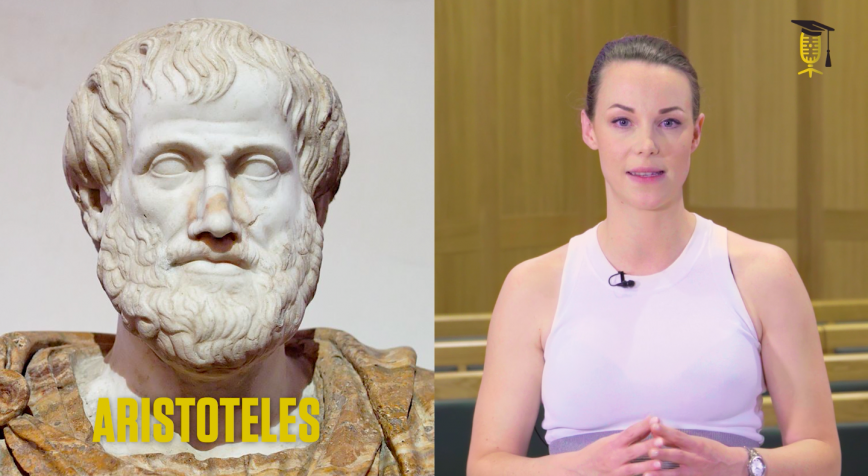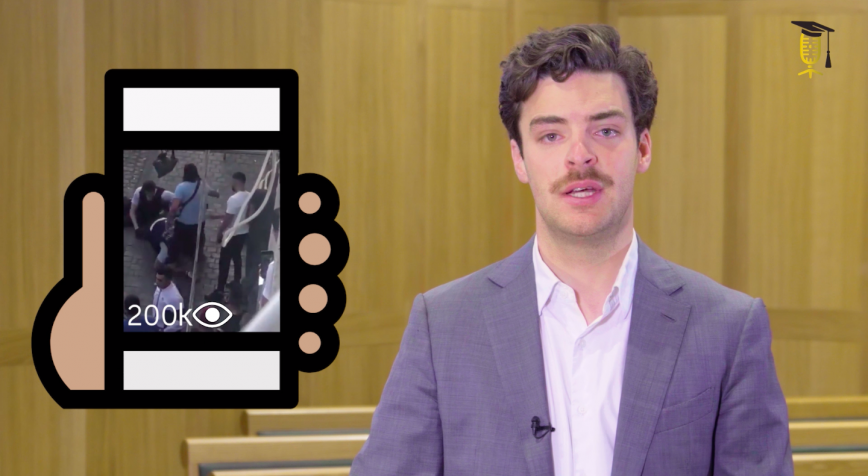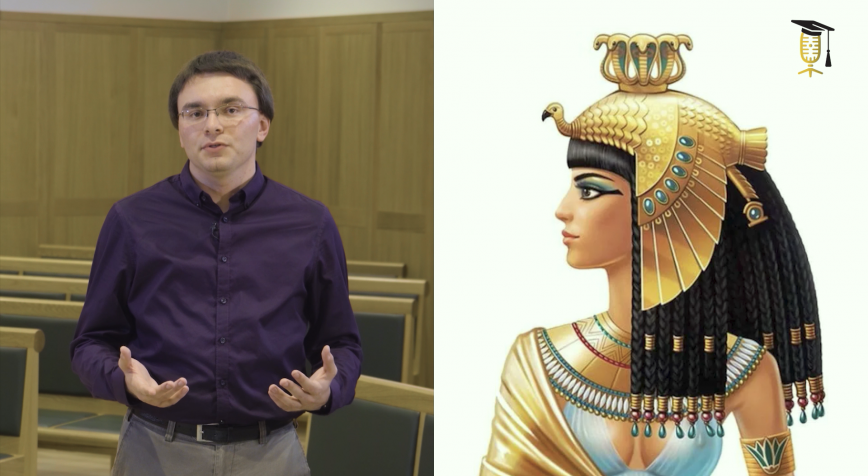
UGent
Was Cleopatra poor at spelling? ✍ ❌
Aproved"* reads a Royal Decree that was possibly signed by Cleopatra (or at least by one of her ministers). But how did such a spelling error get into such an important document? Couldn't Cleopatra and her ministers spell? That's what classicist Geert De Mol (Ghent University) is looking into in his PhD.
